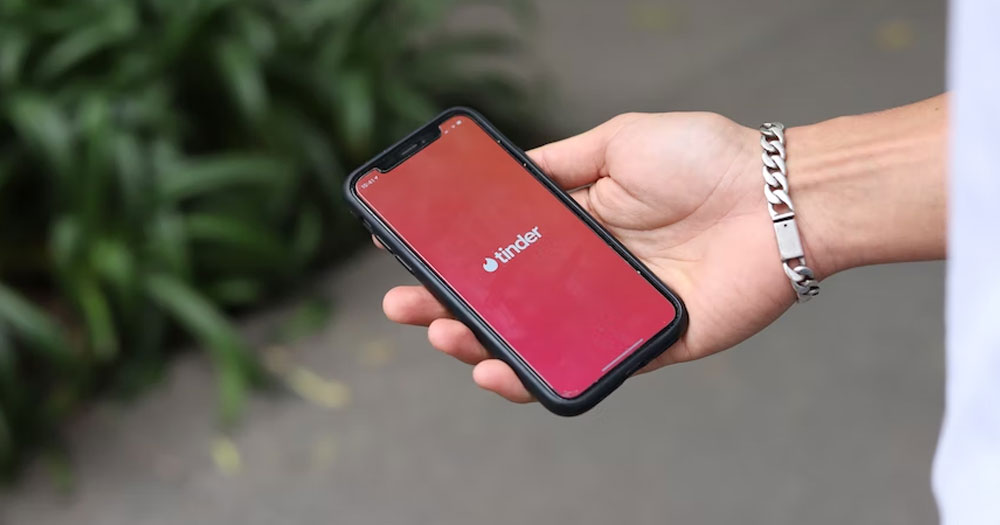Antón Castellanos Usigli, a member of the Global Advisory Board for Sexual Health and Wellbeing, explains how dating apps can help in sharing accurate information about monkeypox and protect their users from contracting the virus.
Institutional homophobia is behind the weak response from many governments and public health organisations to the threat of monkeypox.
While monkeypox is not a “gay disease,” the vast majority of cases are among men who have sex with men (MSM). A refusal to acknowledge this fact has meant that several countries have failed to provide this community with public health information, prevention tools and adequate medical care.
In Colombia, for example, the government and media continue to report that monkeypox is affecting young men, without being explicit that they are overwhelmingly young men who have sex with men. Mexico’s government has produced public health information on monkeypox that fails to mention the risk of transmission associated with sexual relationships.
A more effective response to monkeypox is being led by the United States where the Centers for Disease Control and Prevention is one of few government agencies in the world that has prepared an info sheet for MSM on how to have safer sex during the outbreak.

In the US, public health professionals are working with Grindr and Sniffles to signpost people to nearby monkeypox vaccine clinics and share the latest health advice via alerts on the apps. This is part of an online HIV and STI prevention programme led by Building Healthy Online Communities, a consortium of public health leaders and gay dating website and app owners.
Dating apps have the potential to respond powerfully to monkeypox, given that the majority of MSM find sexual and romantic partners through these platforms. It is disappointing to see that few brands are following the example set by Grindr and Sniffles, with major dating apps such as Tinder and Bumble preferring to stay silent.
Perhaps their inertia is caused by a reluctance to associate their brands with the gay community or with casual sex. The fact is that many gay (and heterosexual) users use these platforms not only to find dates but to hook up as well. We cannot let homophobia and the stigma around sex get in the way of public health. Dating apps have a responsibility to use their profiles and platforms to help protect hundreds of thousands of MSM users from monkeypox.
MSM need to understand their individual level of risk and how it can be minimized – from reducing the number of sexual partners, to creating sex pods, recognising symptoms, getting vaccinated and using condoms. At a moment of history marred by stigma and inaction, governments and dating apps must unite to provide the community with the information it needs to stop the spread of suffering.
© 2022 GCN (Gay Community News). All rights reserved.
Support GCN
GCN is a free, vital resource for Ireland’s LGBTQ+ community since 1988.
GCN is a trading name of National LGBT Federation CLG, a registered charity - Charity Number: 20034580.
GCN relies on the generous support of the community and allies to sustain the crucial work that we do. Producing GCN is costly, and, in an industry which has been hugely impacted by rising costs, we need your support to help sustain and grow this vital resource.
Supporting GCN for as little as €1.99 per month will help us continue our work as Ireland’s free, independent LGBTQ+ media.

comments. Please sign in to comment.